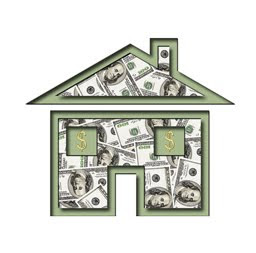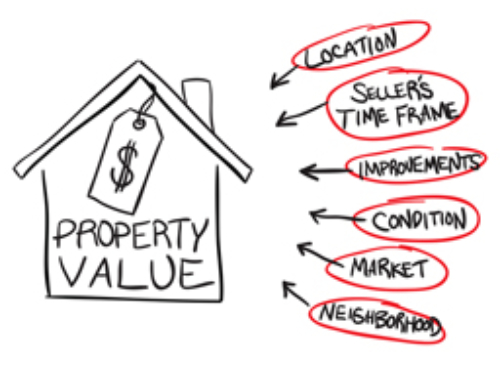 How to Think about Debt When Buying a Home
How to Think about Debt When Buying a Home
Michelle sent me the following question:
I am currently reading your book 100 Questions Every First-Time Home Buyer Should Ask because my husband and I are hopefully buying a home within the next year. It is a very helpful book!
There is something I never understand, and I thought, who better than you to ask? Why is it that worksheets/calculators online always ask for my GROSS income? What I actually net is about a third of my gross, between contributions to my retirement, taxes, and other deductions. Shouldn’t I be using my net to do calculations? Thanks!
This is a great question, Michelle, because it gets at the heart of the difference between how lenders and home buyers look at the numbers.
Mortgage lenders will calculate based on your gross monthly income—but as you’ve already figured out, net income is a whole different ball game. After you subtract federal, state, and local taxes and any withholdings you’ve set in place for a cafeteria health plan or retirement account, you might not be left with a whole lot.
In your case, your take-home pay is about a third of your gross income, so I can understand why the numbers you’re getting from a lender might seem extraordinarily high.
With a conventional mortgage, a lender will allow you to spend up to 28 percent of your gross monthly income on your monthly principal and interest payments, your real estate property taxes, and your homeowner’s insurance premium, and up to 36 percent on all debt payments (including housing-related debt). The extra 8 percent includes things like a car loan, school loan payments, and credit card debt. If you don’t have any other debt, lenders will allow you to spend up to 36 percent on your mortgage, taxes, and insurance payments.
But that 36 percent is more than a third of your gross income, and for many Americans, it can feel like nearly half of your take-home pay. For example, if you earn $60,000 per year, that’s $5,000 per month. Thirty-six percent of $5,000 is $1,800. If you’re pocketing only $1,650 per month (one-third of your gross monthly income), the lenders’ numbers are going to feel completely out of whack—and financially impossible to pull off.
I think you should look at your net income and be conservative about what you can afford to spend. If you’re bringing home $1,650 (in our example), then you’d probably feel much more comfortable spending about $800 to $900 per month on your mortgage, taxes, and insurance. That will still leave you with about $800 to spend on the rest of your life—food, clothing, utilities, kids (if you have any), and vacations.
While most lenders will tell you that you’re “crazy” to spend this little when mortgage interest rates are at all-time lows, I say that what allows us to be comfortable financially is very personal. No one else can tell you how much debt is doable and what level of debt will allow you to sleep at night.
If spending every dime of your take-home pay on your mortgage, taxes, and insurance makes you uncomfortable, then good for you. It should. Take a step back and think about all of your day-to-day expenses and how much it all costs. Then think about how much you want to spend to be a homeowner and what you are willing to give up to achieve that goal—because the costs of owning and maintaining a home go much further than simply paying those baseline expenses. You’ll need to set aside money in your budget for ongoing maintenance and repairs, like replacing a stove that no longer works or fixing a leaky roof.
It sounds to me that you’re thinking about the costs of homeownership in the right way. So good for you.
For more details, visit ThinkGlink.com, and don’t forget to pick up my latest book (released in April 2010), Buy, Close, Move In!
 Ilyce R. Glink is the author of several books, including 100 Questions Every First-Time Home Buyer Should Ask and Buy, Close, Move In!. She blogs about money and real estate at ThinkGlink.com and at the Home Equity blog for CBS MoneyWatch.
Ilyce R. Glink is the author of several books, including 100 Questions Every First-Time Home Buyer Should Ask and Buy, Close, Move In!. She blogs about money and real estate at ThinkGlink.com and at the Home Equity blog for CBS MoneyWatch.
READ MORE:
4 Tips for Buying a HUD Home
Buying a New Home? Here Are 5 Things Your Builder Won’t Tell You
Reverse Mortgages: What’s New
Zero Down Home Loan Options






